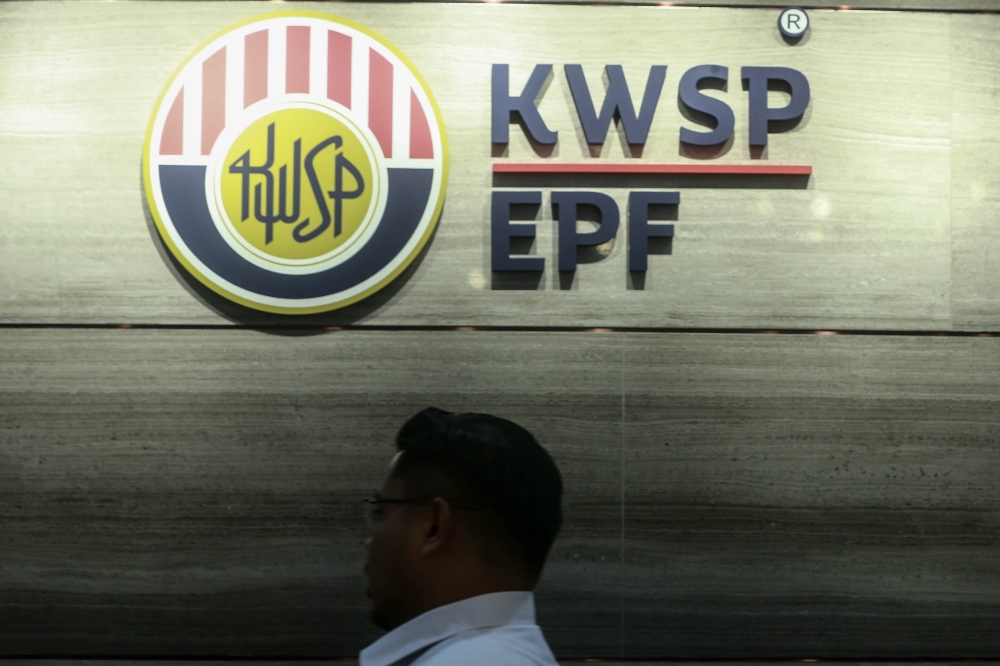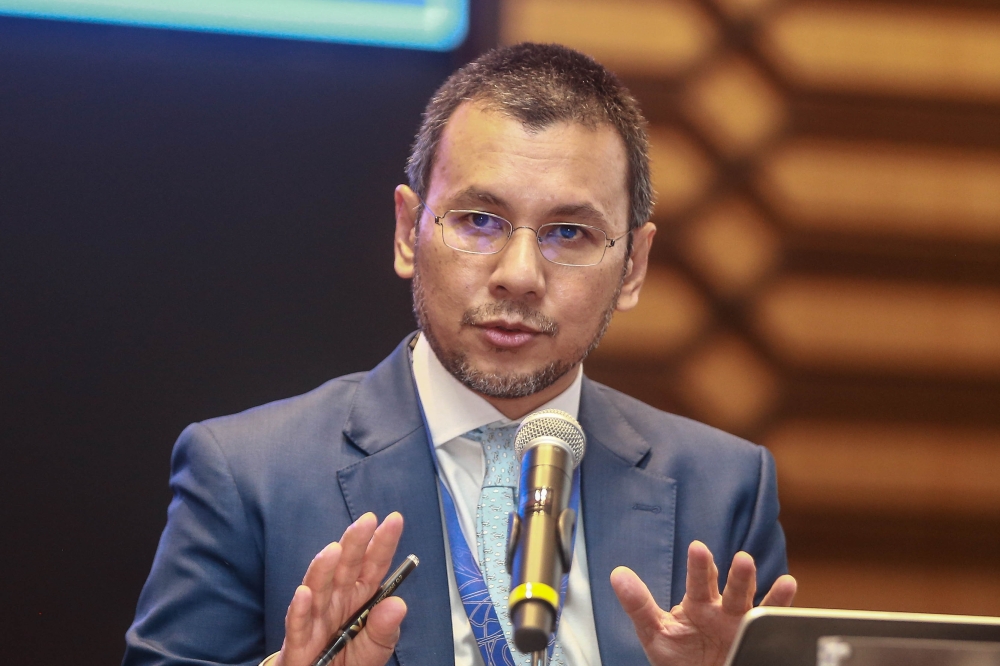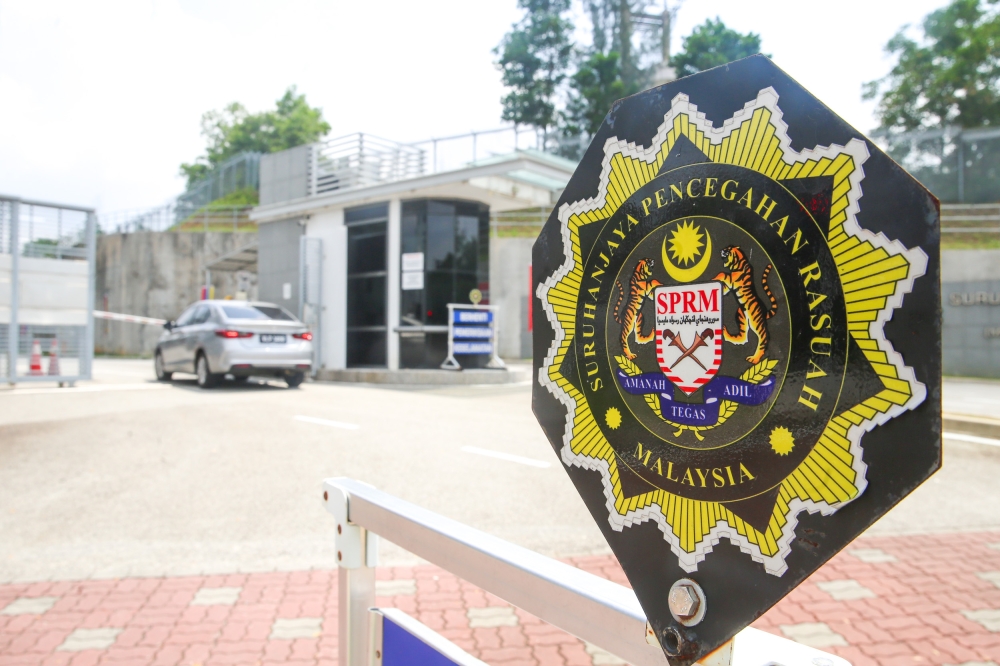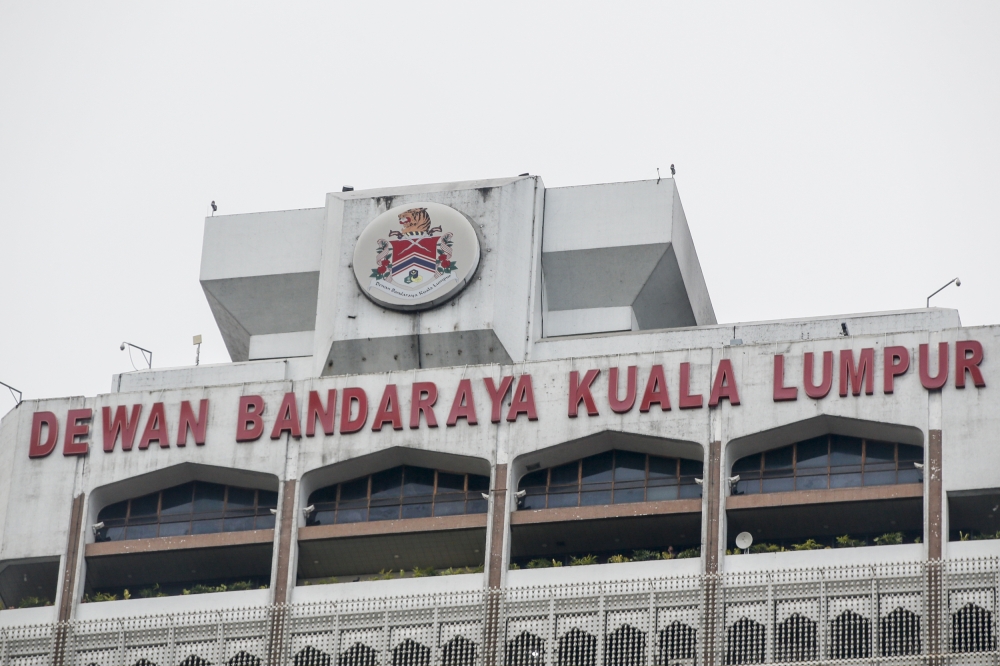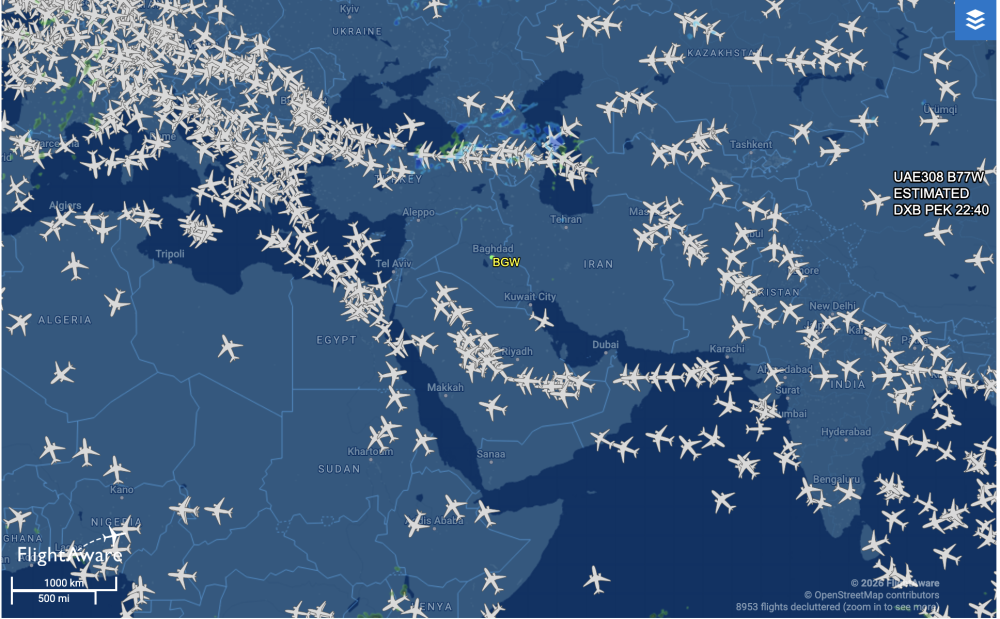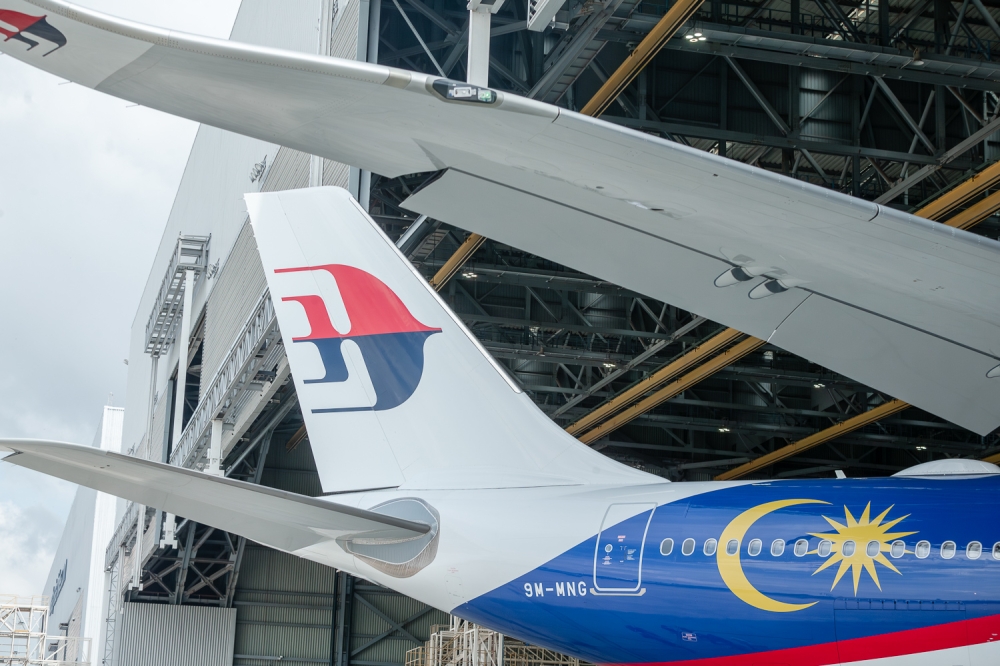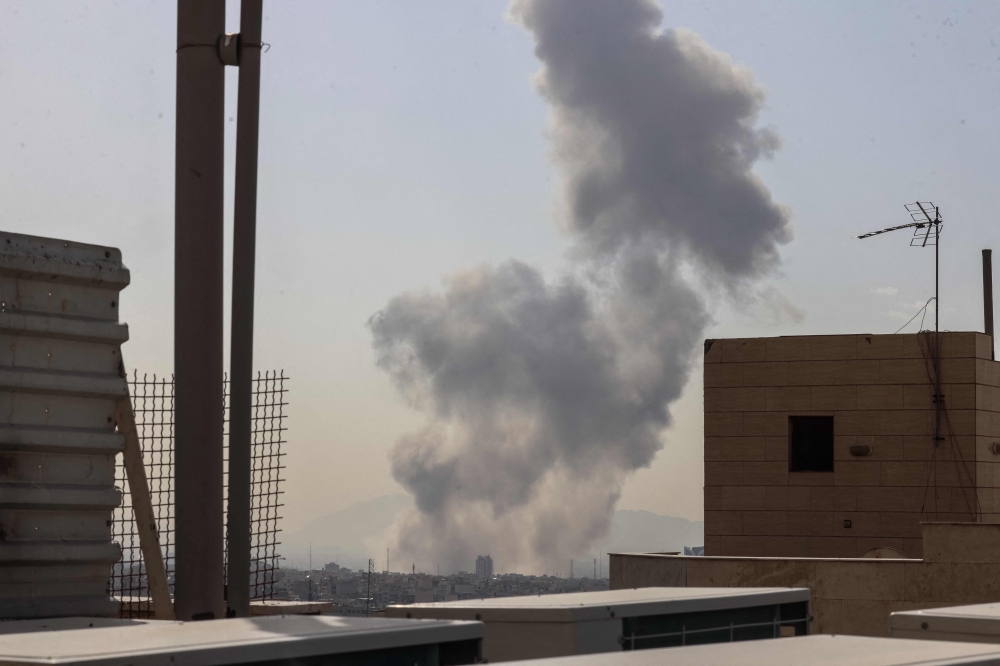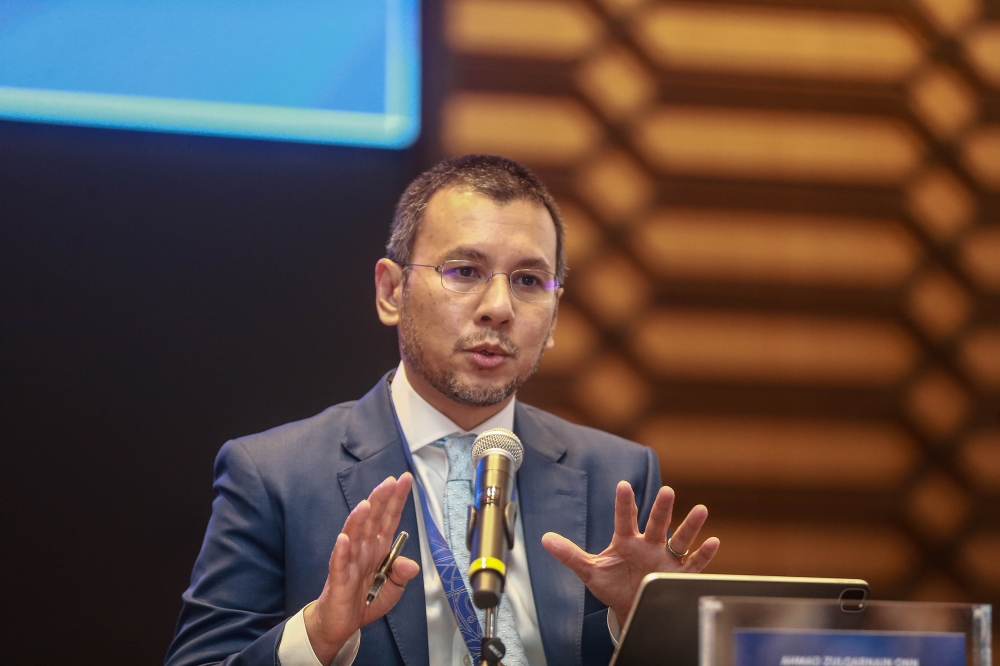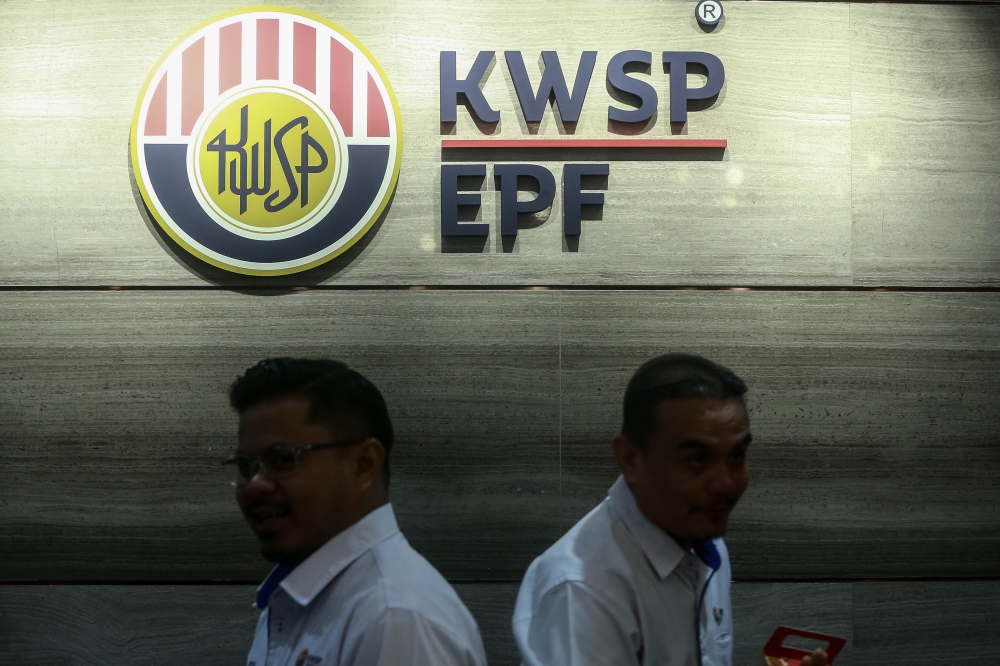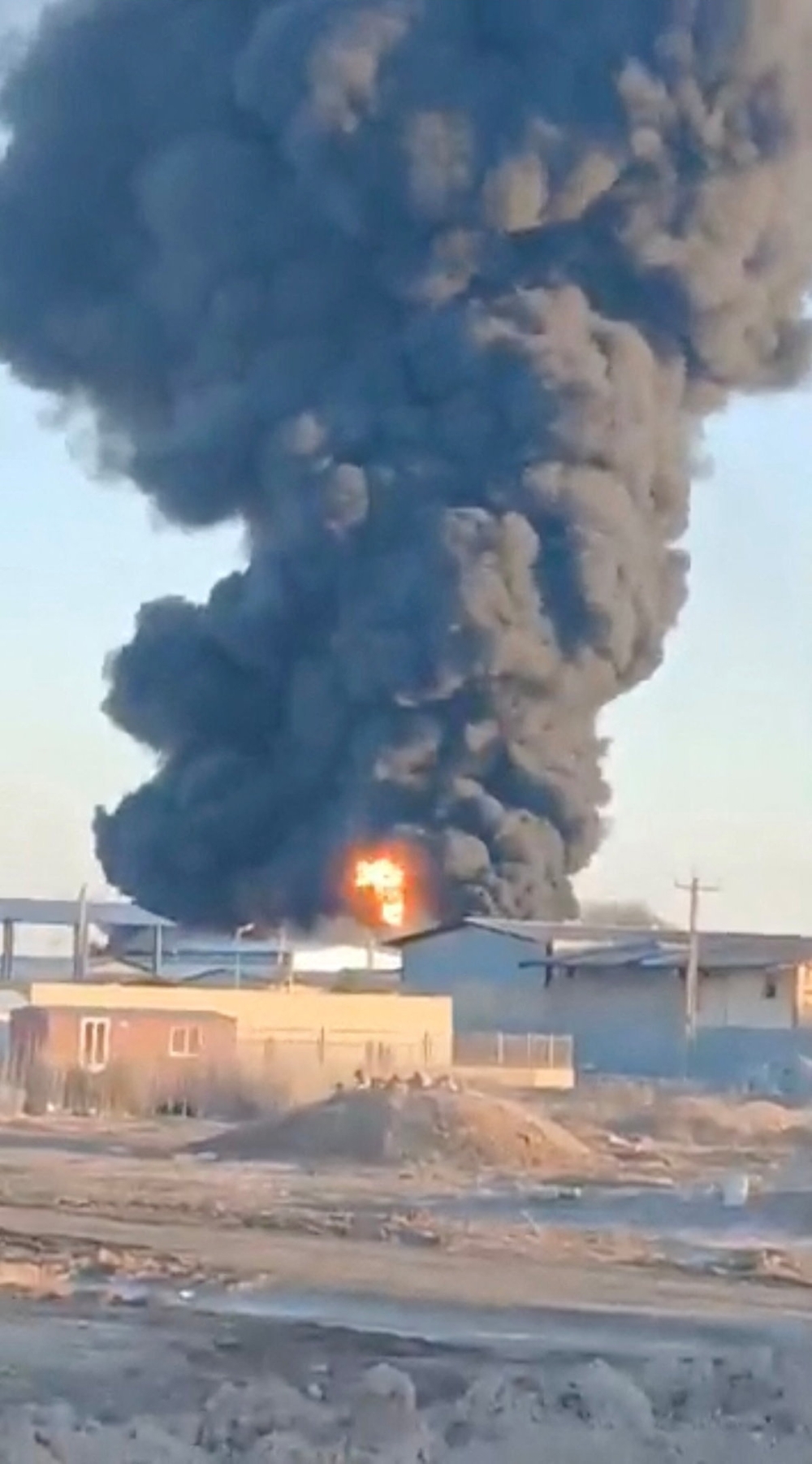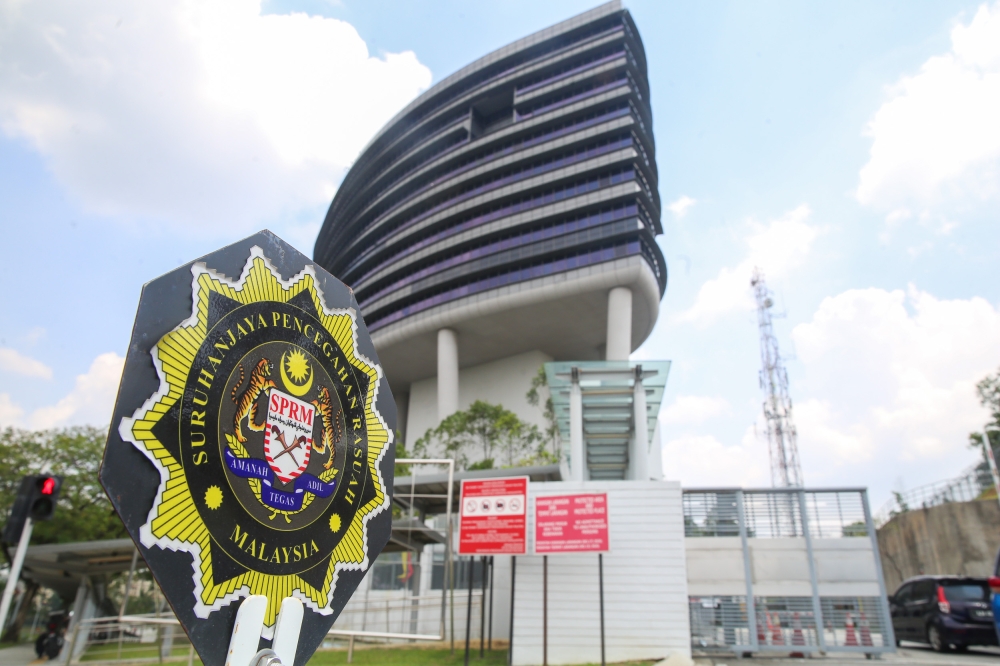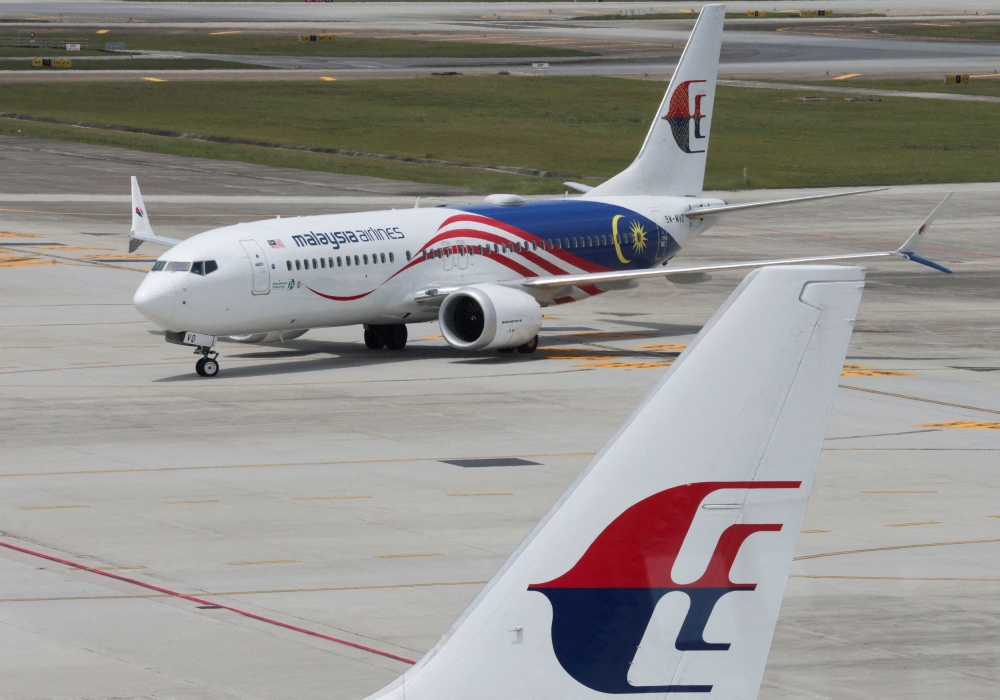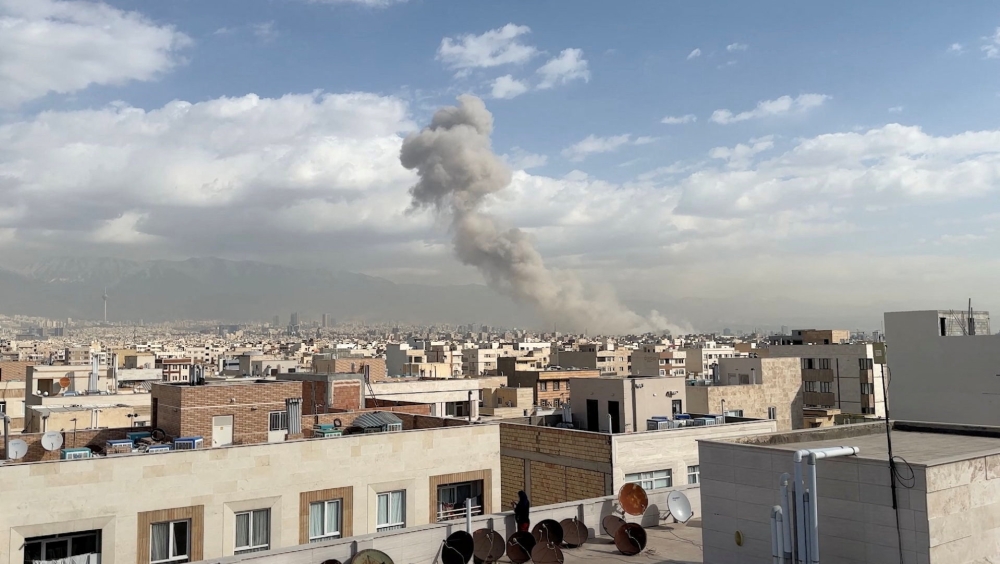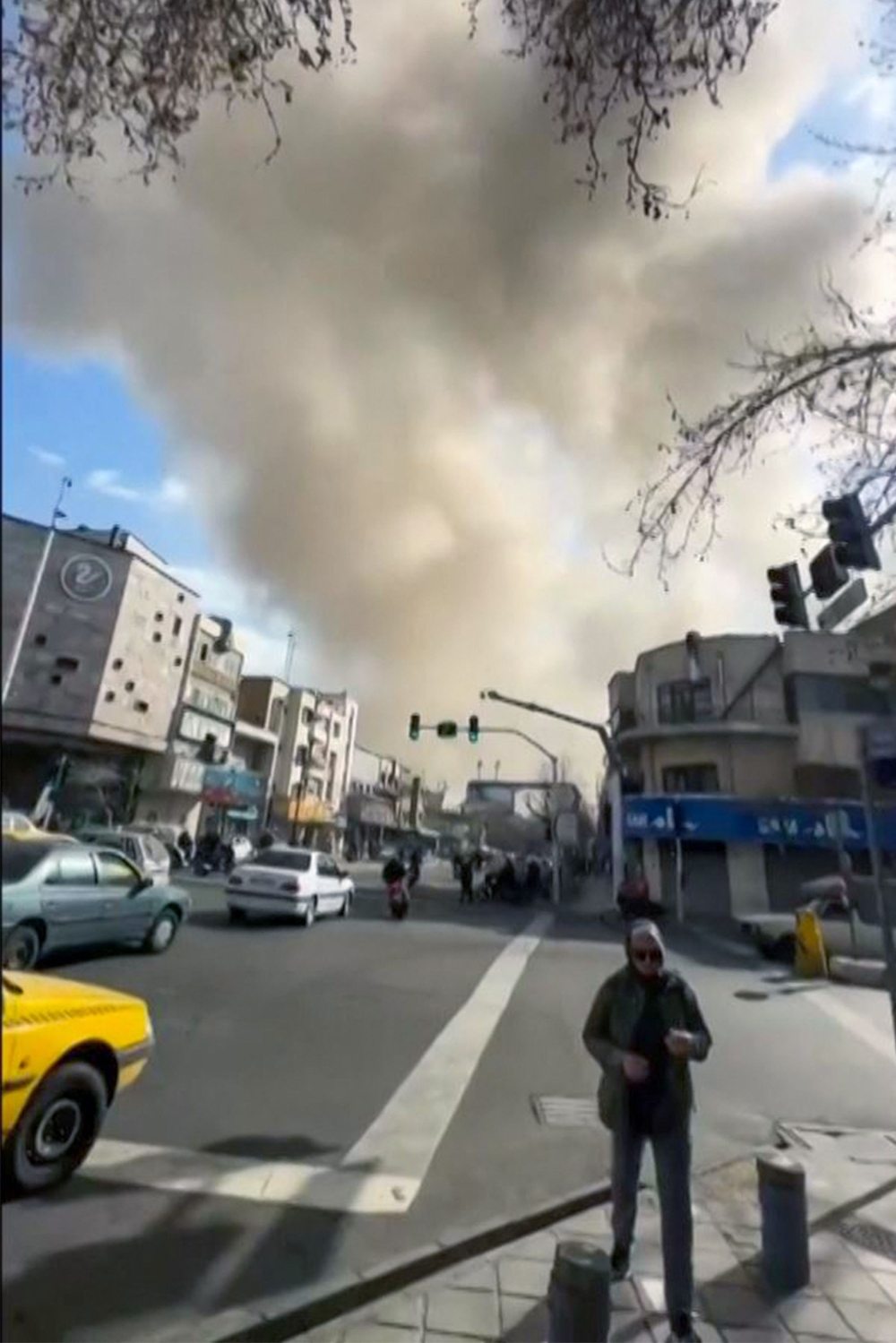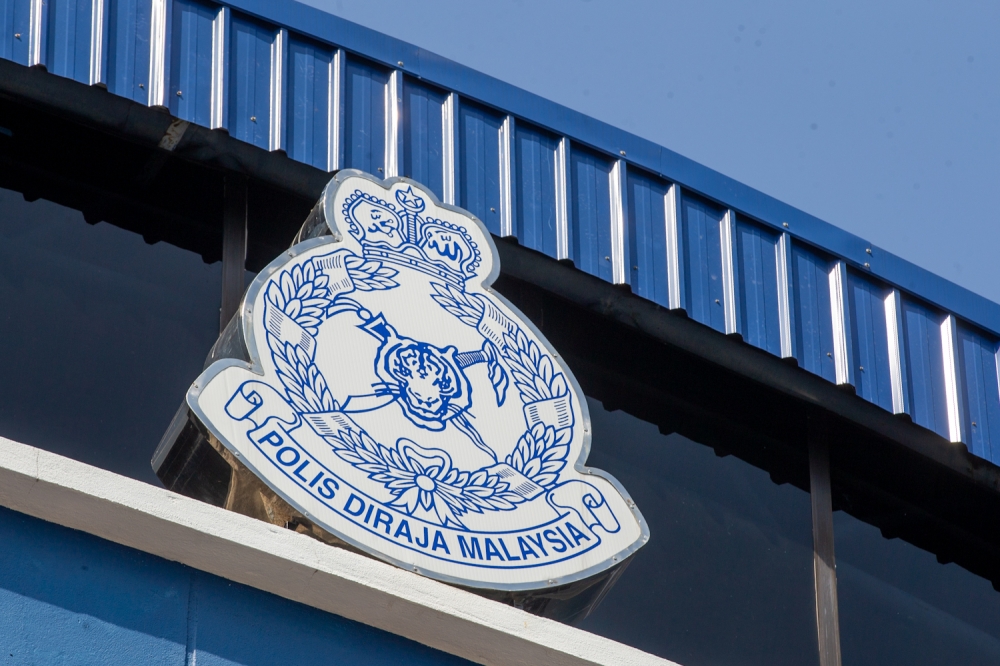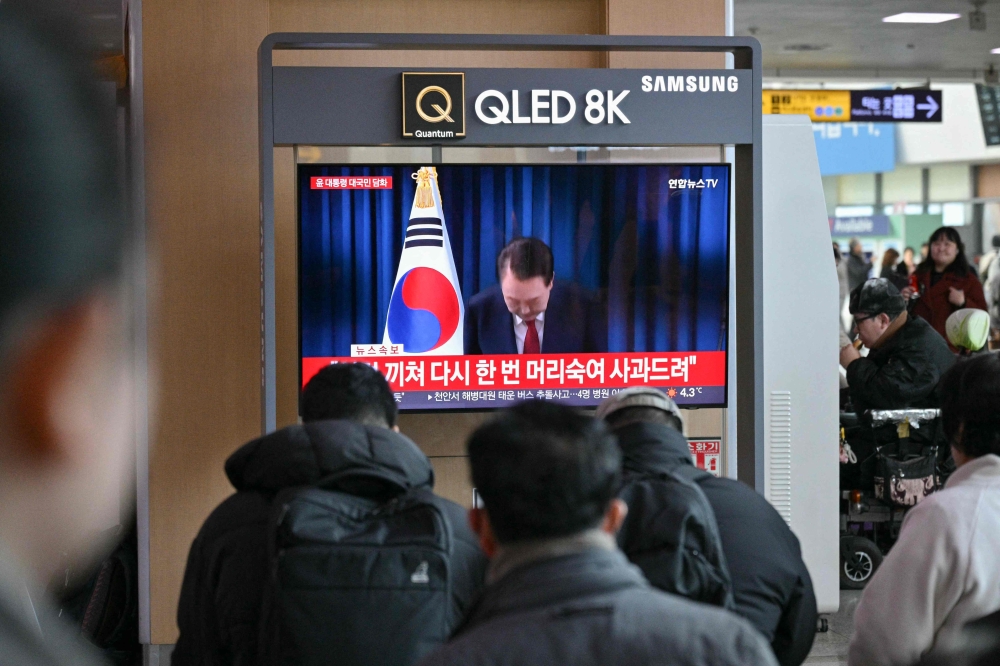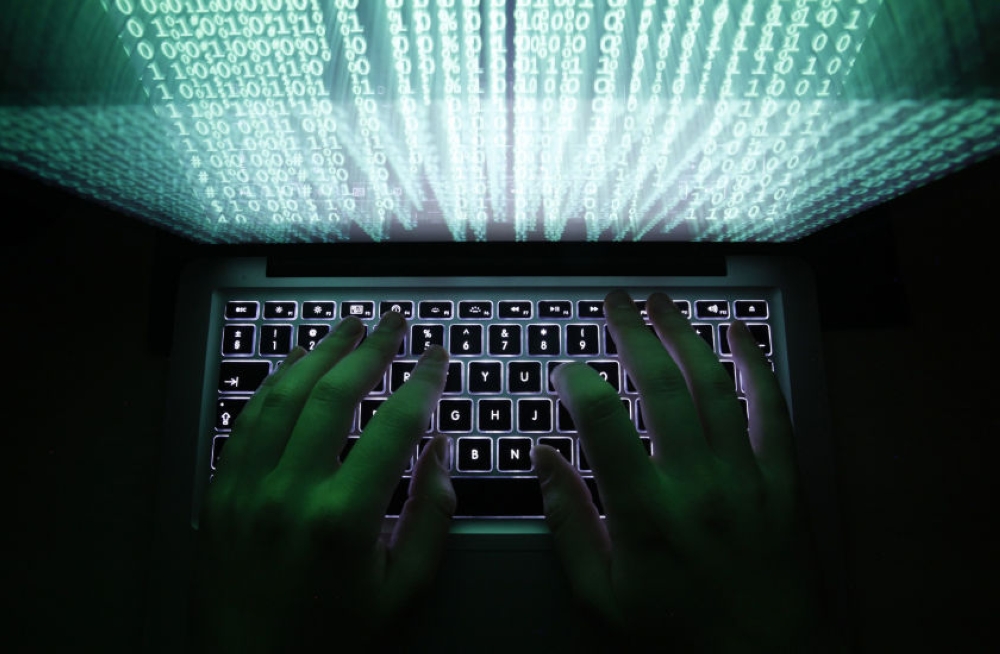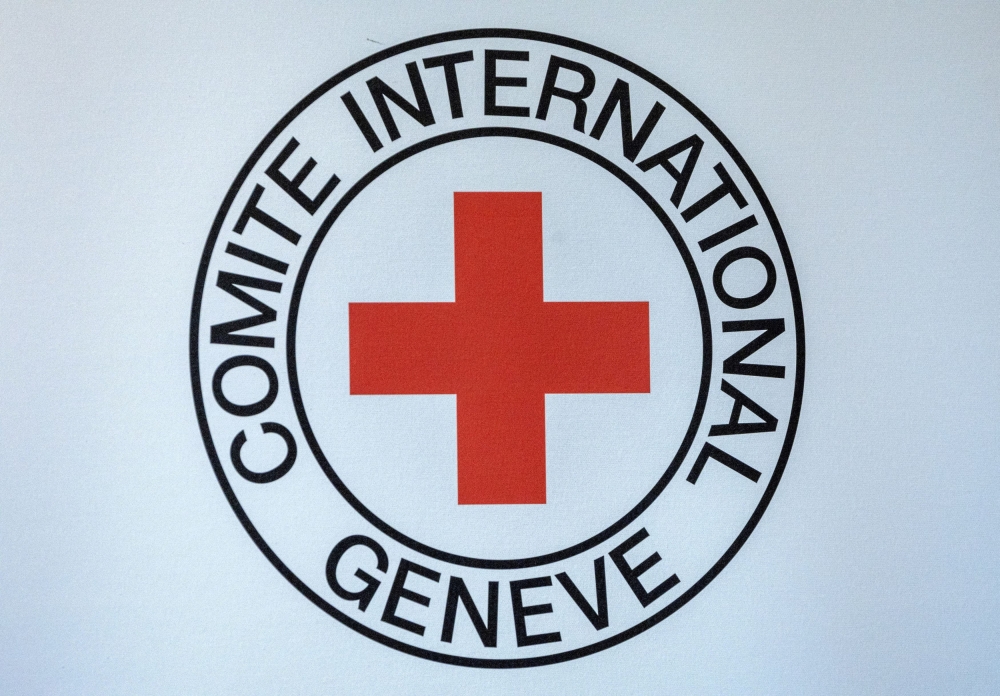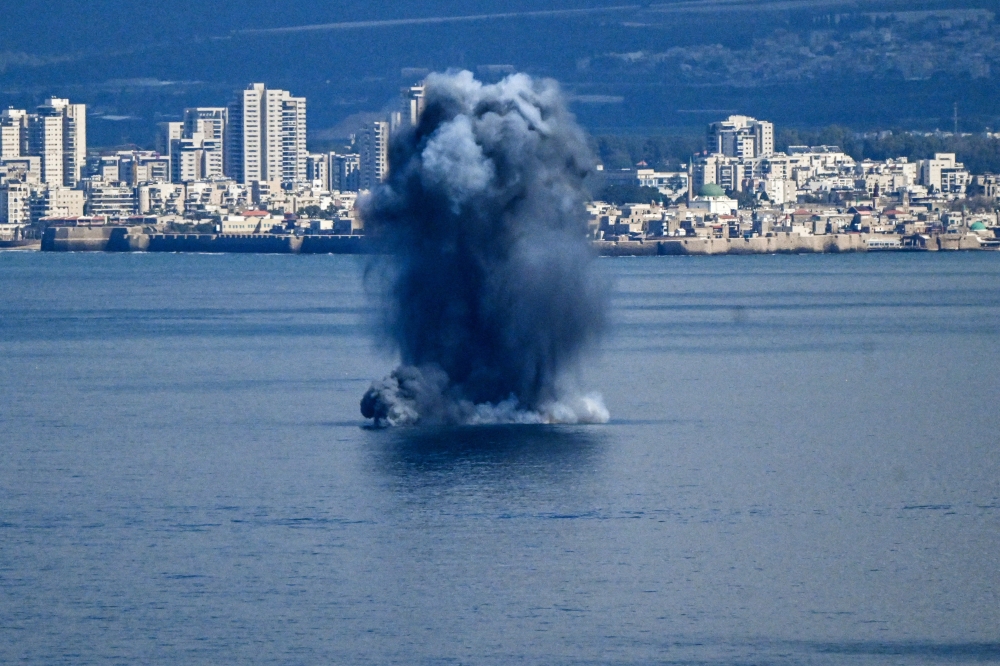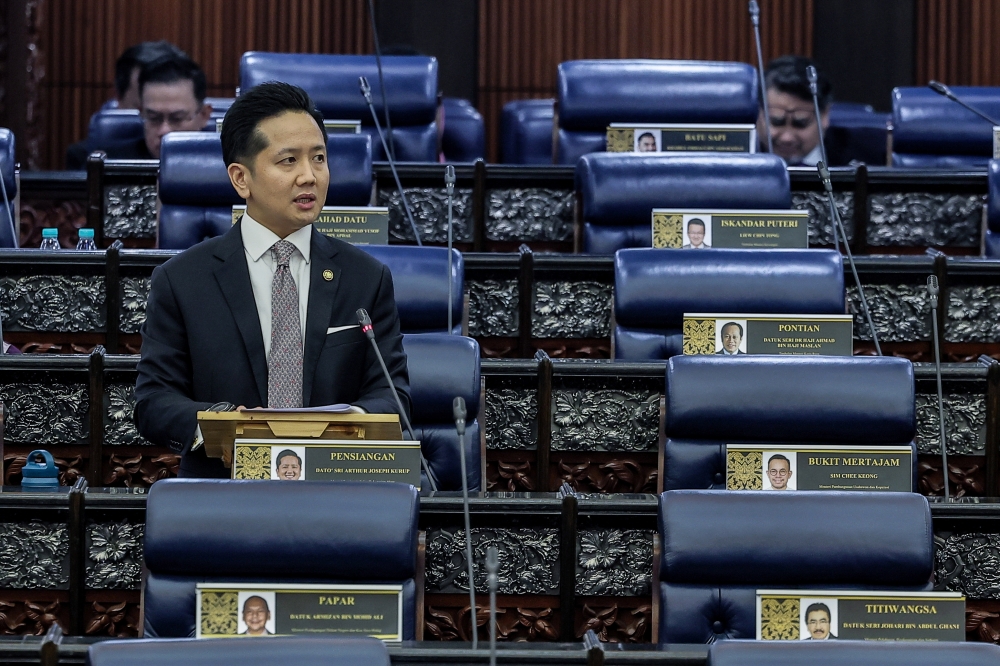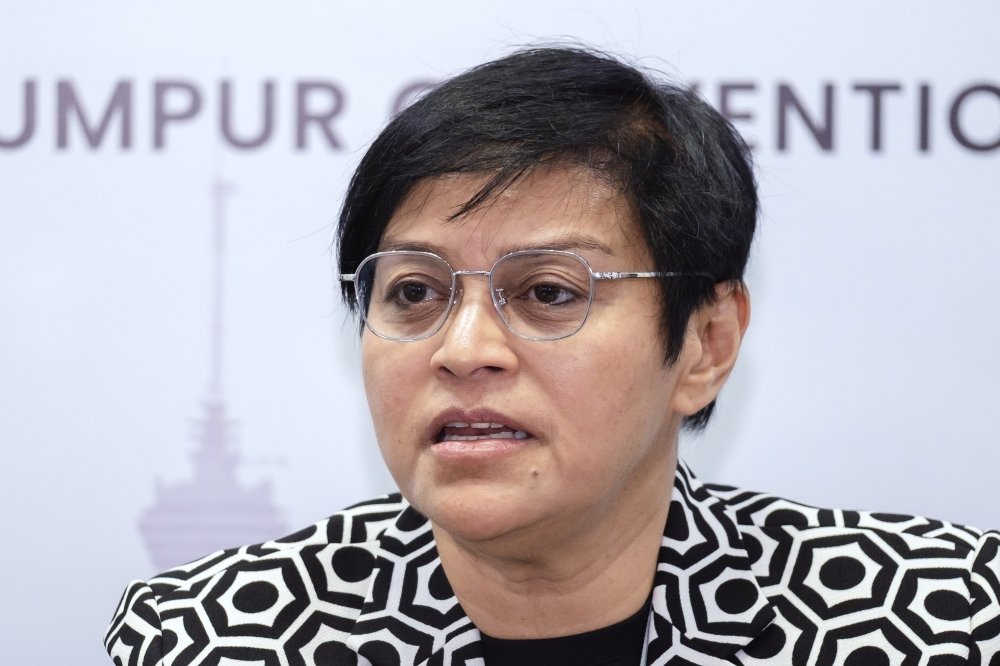SEOUL, Dec 8 — South Korean President Yoon Suk Yeol, several cabinet ministers, military commanders and police officials face criminal investigations over his botched attempt on Tuesday to impose martial law.
Prosecutors, the police and the Corruption Investigation Office for High-ranking Officials have all launched probes into Yoon and the officials, seeking to pursue charges of insurrection and abuse of power, among others.
Here is what we know about the investigations so far:
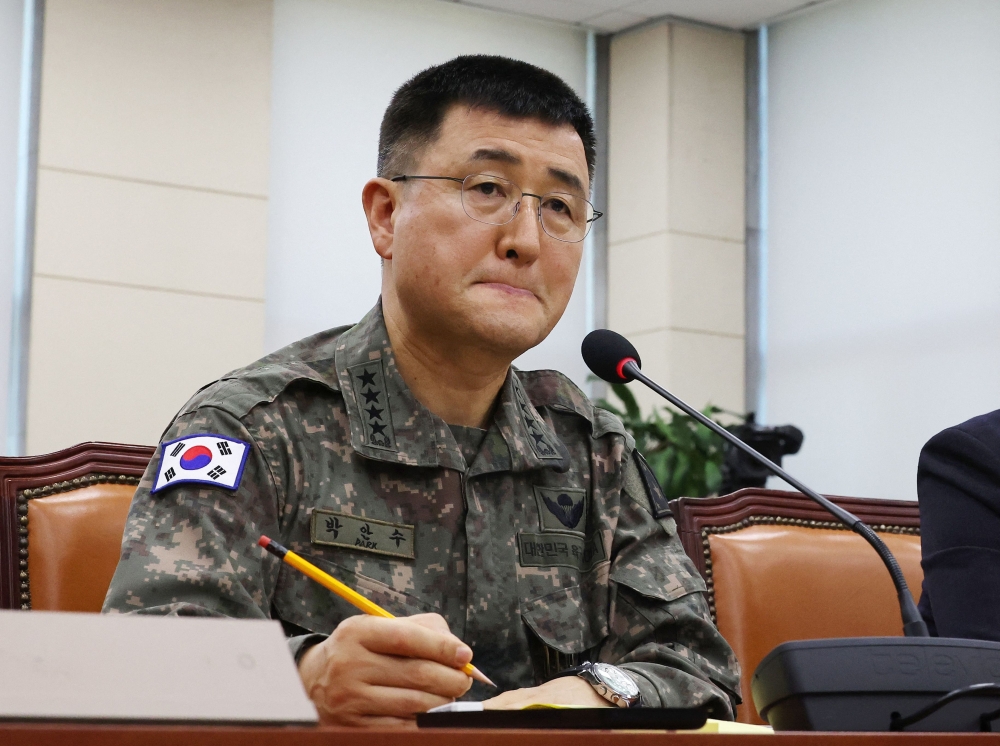
Who is under investigation?
Besides Yoon, his interior minister Lee Sang-min, now-former defence minister Kim Yong-hyun and army chief Park An-su, who was named martial law commander, face investigations.
Others involved in the case include the chiefs of the Capital Defence Command, the army’s Special Warfare Command and the Defence Counterintelligence Command, as well as six other military generals and several senior police officials, including the police chief, who are accused of playing a role in the martial law plan.
Investigators have also filed a request with the Justice Ministry for a travel ban on Kim and the 10 military commanders.
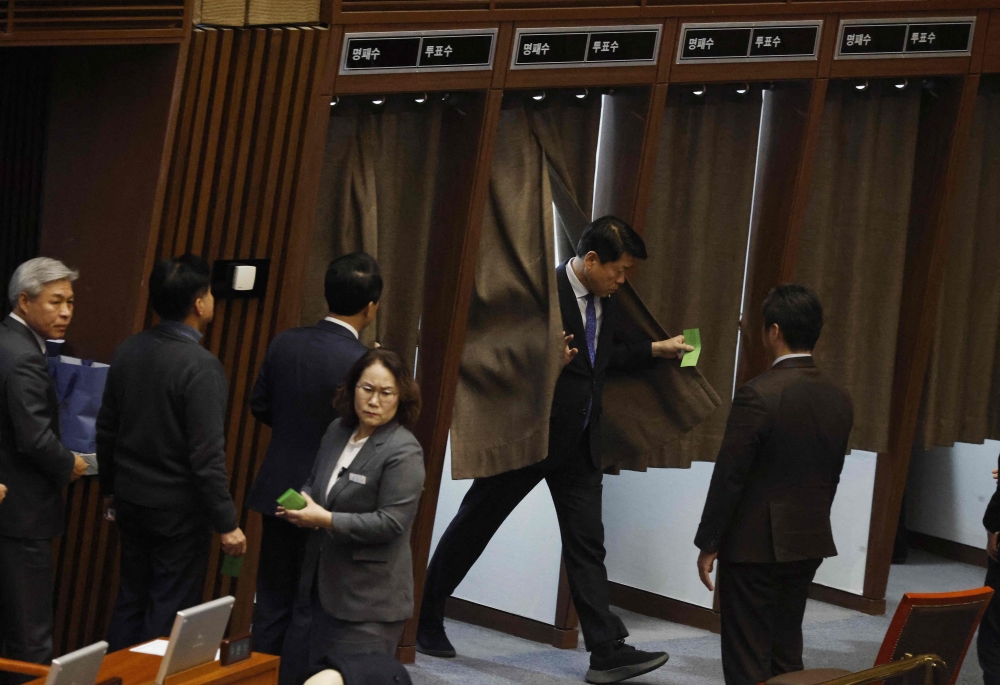
What’s the scale of investigations?
The Supreme Prosecutors’ Office has created a special investigation bureau to examine the case for the first time since it probed a 2016 corruption scandal engulfing then-President Park Geun-hye, who was impeached and eventually ousted, the Yonhap news agency reported on Friday.
The defence ministry said military prosecutors would also be dispatched to that team, and Yonhap said it would include more than a dozen investigators.
The chief of investigations for the national police agency also confirmed the launch of its investigation at a parliamentary hearing on Thursday, and Yonhap said its team would include some 120 officers and investigators.
The Corruption Investigation Office for High-ranking Officials said it had separately opened an investigation after receiving complaints about police chief Cho Ji-ho and other senior police officials.
The main opposition Democratic Party on Friday called for the appointment of a special counsel to look into the case, and a bill could be put up for a vote as early as next week. If it is passed, the special counsel would lead a collective investigation with support from other agencies.
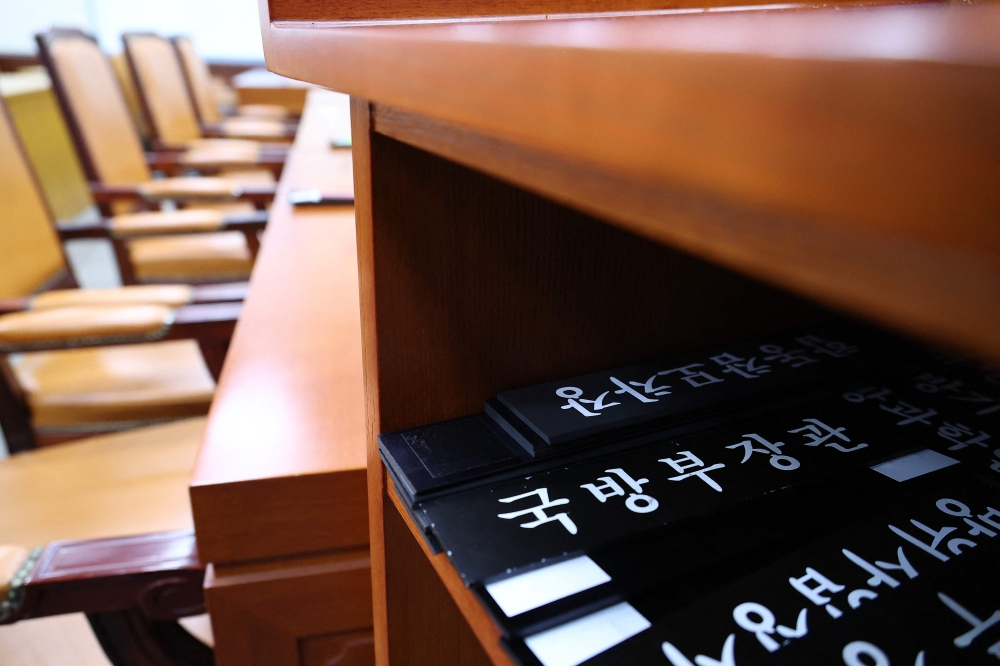
What charges are sought?
The officials face potential charges of insurrection, abuse of authority and obstructing other people from exercising their rights.
If convicted, the crime of leading an insurrection is punishable by death or life imprisonment, with or without prison labour. For those who participated in an insurrection plot or engaged in other essential activities punishment could range from death, to life imprisonment down to imprisonment without prison labour for at least five years. People who merely joined in the plot or violence face imprisonment, with or without prison labour, for less than five years.
Abuse of authority brings penalties of imprisonment for less than five years or fines of up to 10 million won (RM31,186), while obstructing other people’s rights is punishable by a prison term of less than five years or fines of up to 7 million won.
South Korea last handed down a death sentence in 2016, but has not executed anyone since 1997. — Reuters

